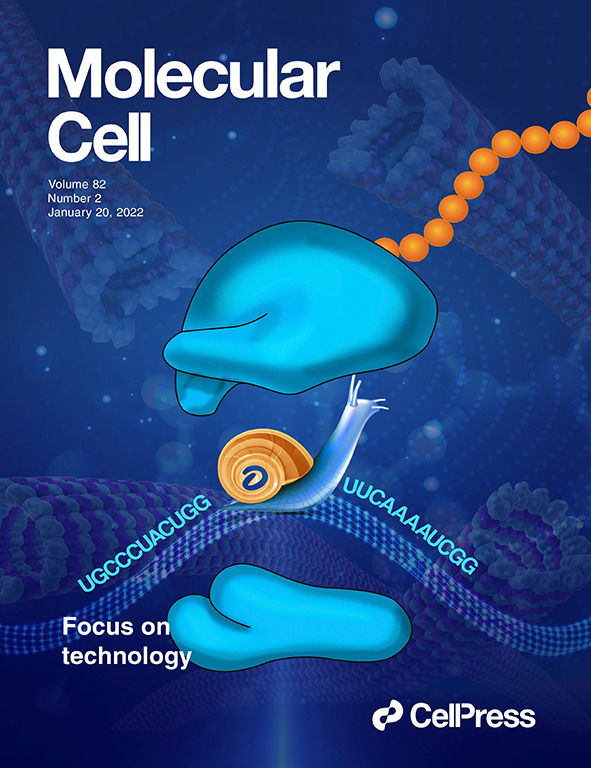The role of transcription factors in prostate cancer progression
IF 6.5
3区 生物学
Q2 BIOCHEMISTRY & MOLECULAR BIOLOGY
引用次数: 0
Abstract
Prostate cancer is one of the most common malignancies in men, with most cases initially responding to androgen deprivation therapy. However, a significant number of patients eventually develop castration-resistant prostate cancer, an aggressive form of the disease. Although androgen receptor (AR) pathway inhibitors target AR signaling, and have extended survival in patients with castration-resistant prostate cancer, prolonged treatment can lead to the emergence of neuroendocrine prostate cancer (NEPC), a lethal subtype characterized by the expression of neuroendocrine markers and reduced AR activity. The transition from adenocarcinoma to NEPC is driven by lineage plasticity, wherein cancer cells adopt a neuroendocrine phenotype to evade treatment. Consequently, NEPC patients face poor clinical outcomes and limited effective treatment options. To improve outcomes, it is crucial to understand the molecular mechanisms driving NEPC development. In this review, we highlight the role of transcription factors in this process and explore their potential as therapeutic targets.
转录因子在前列腺癌进展中的作用。
前列腺癌是男性最常见的恶性肿瘤之一,大多数病例最初对雄激素剥夺治疗(ADT)有反应。然而,相当数量的患者最终发展为去势抵抗性前列腺癌(CRPC),这是一种侵袭性前列腺癌。尽管AR途径抑制剂靶向雄激素受体(AR)信号传导,并延长了CRPC患者的生存期,但延长治疗可导致神经内分泌前列腺癌(NEPC)的出现,这是一种以神经内分泌标志物表达和AR活性降低为特征的致命亚型。从腺癌到NEPC的转变是由谱系可塑性驱动的,其中癌细胞采用神经内分泌表型来逃避治疗。因此,NEPC患者面临较差的临床结果和有限的有效治疗选择。为了改善结果,了解推动NEPC发展的分子机制至关重要。在这篇综述中,我们强调了转录因子在这一过程中的作用,并探讨了它们作为治疗靶点的潜力。
本文章由计算机程序翻译,如有差异,请以英文原文为准。
求助全文
约1分钟内获得全文
求助全文
来源期刊

Molecules and Cells
生物-生化与分子生物学
CiteScore
6.60
自引率
10.50%
发文量
83
审稿时长
2.3 months
期刊介绍:
Molecules and Cells is an international on-line open-access journal devoted to the advancement and dissemination of fundamental knowledge in molecular and cellular biology. It was launched in 1990 and ISO abbreviation is "Mol. Cells". Reports on a broad range of topics of general interest to molecular and cell biologists are published. It is published on the last day of each month by the Korean Society for Molecular and Cellular Biology.
 求助内容:
求助内容: 应助结果提醒方式:
应助结果提醒方式:


